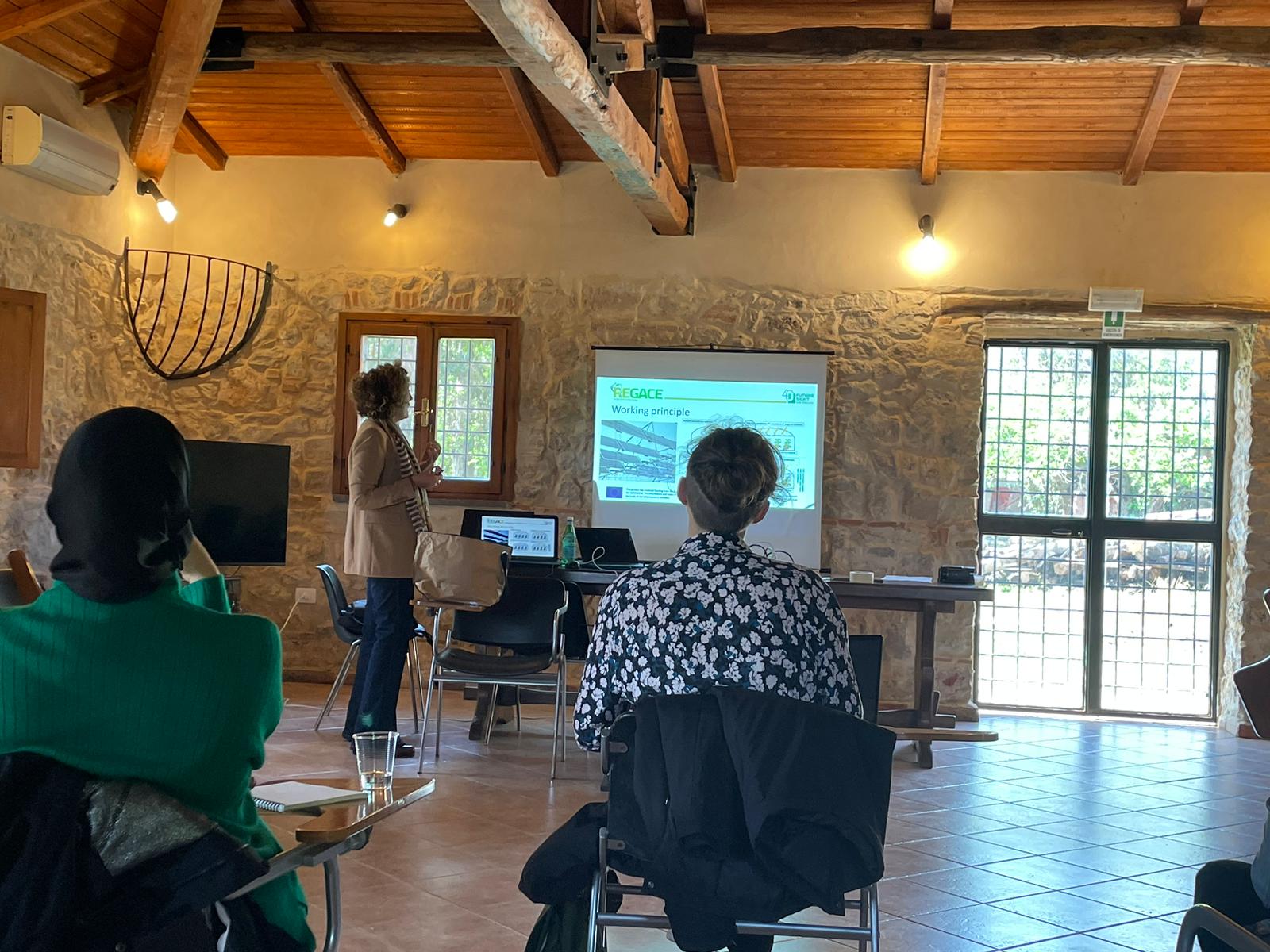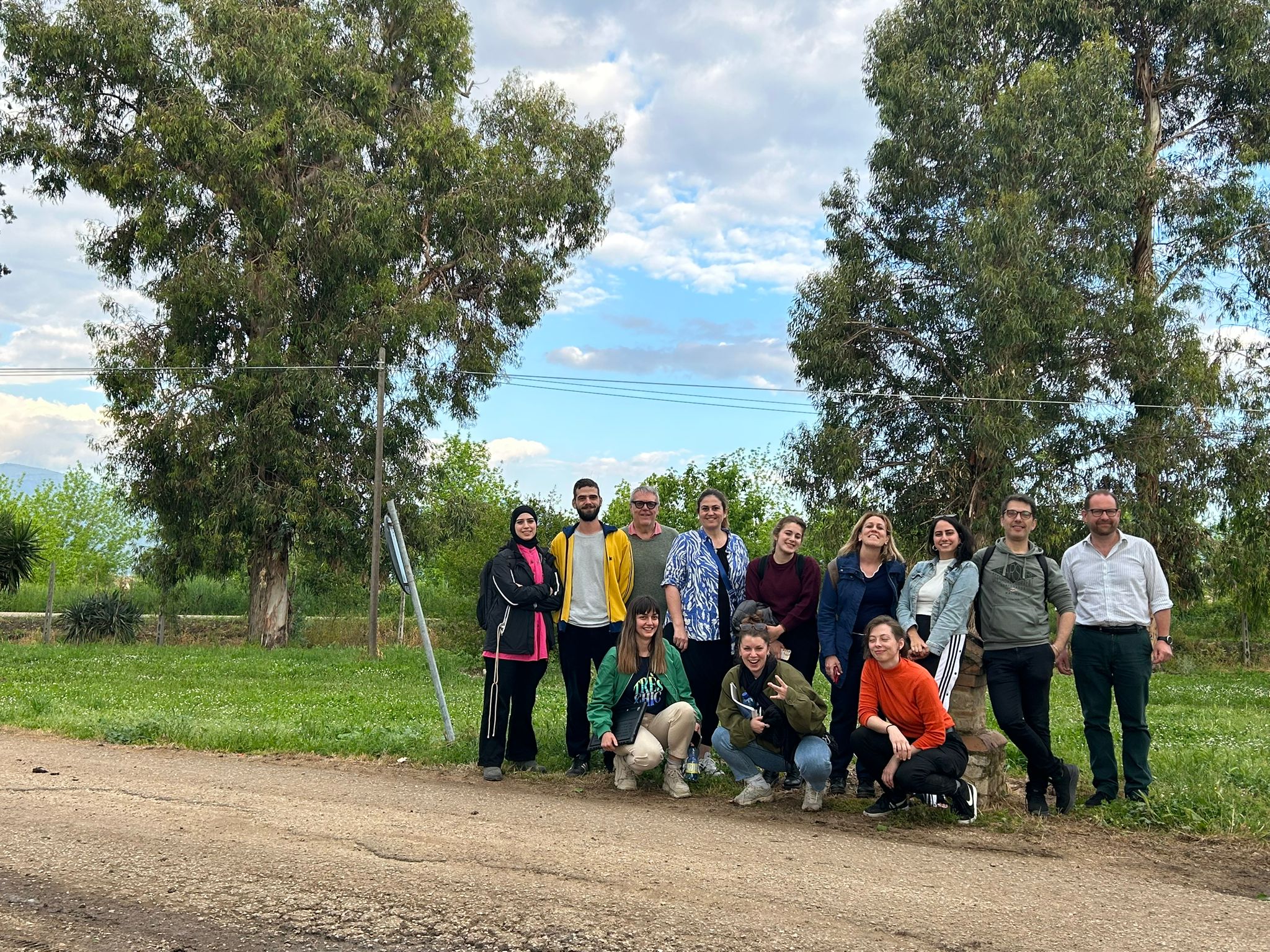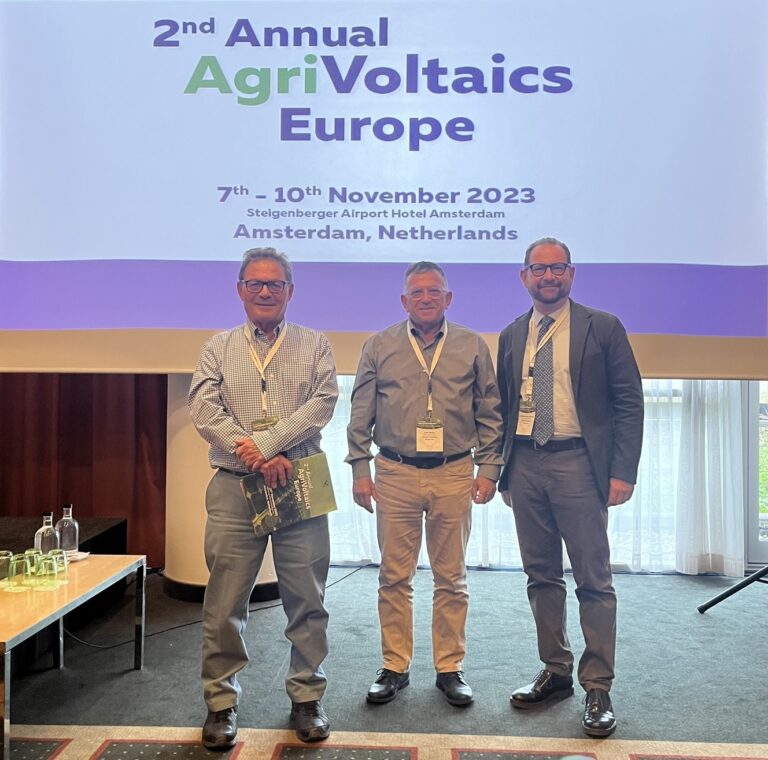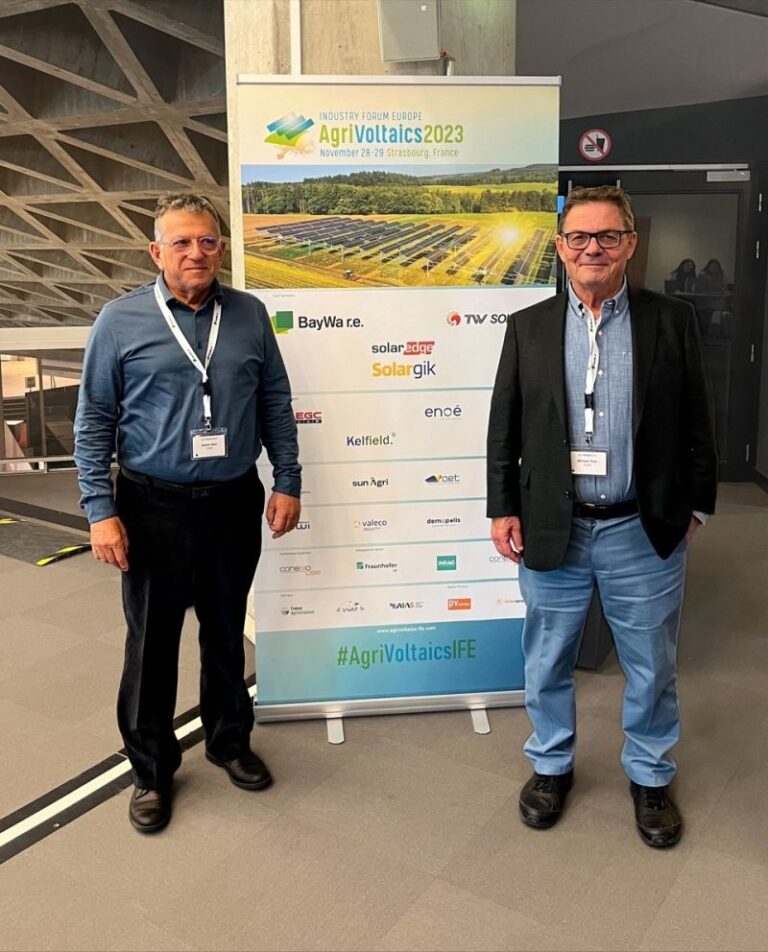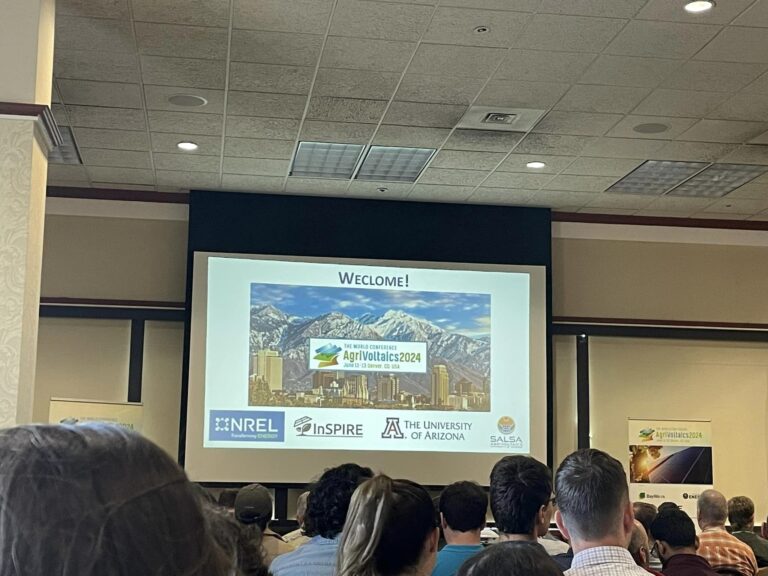By Michael Eilan
The REGACE project, smart and sophisticated as it may be, faces a fundamental problem. We are developing a new and hopefully disruptive technology and are trying to persuade farmers, one of the most conservative groups of people in our respective countries, to start thinking of two crops, food and electricity.
Fortunately for REGACE, one of our important partners Prof. Andrea Volterrani from Tor Vergata University in Rome is a sociologist of cultural and communication processes, who has specialized in structured methodologies of introducing new ideas to specific communities. To do this, Prof, Volterrani brought together representatives from each of REGACE partner countries for a three-day workshop to learn and practice techniques. “I don’t really care what the representatives background is,” said Prof Volterrani, “so long as they are smart and open.”
The three-day workshop was opened by Prof. Cristina Cornaro who gave a clear introduction of the REGACE project, its disruptive technology and ecological and economic importance to the seven participants from Germany, Greece, Austria and Israel. With this background the participants move onto the heart of the project: how to create participatory frameworks for changes in attitudes and how to measure the effect of these activities.
Said Alaa Hajyehia, one of the Israelis who took part in the workshop: “The project started as the coordinators introduced us to “ice breaking” activities that helped us bond as a team and work together in harmony. Then we discussed the REGACE project and learned how to manage a “Focus group” and a “world café”, which are tools that enhance communication, and how to interview farmers for the project.
These skills were taught to us by stimulations by Prof. Volterrani, Dr. Cristina Antonucci, and Dr. Marco Serra. Then, we were introduced to Prof. Stella Iezzi who taught us about sentiment analysis. In this course we have learned about the different instruments used in this process, and about data collection for this process.
The world café technique aims to encourage conscious participation of stakeholders by creating a safe and inclusive environment for the expression of all opinions. The technique involves using gamification as a constructive way to stimulate both divergent and convergent thinking, and to prioritize and present themes emerging from group work.
The world café technique balances the dimensions of serious games and expressiveness, while considering the saturation of opinions expressed by the groups. This allows for inclusive but focused participation.
One significant reason for the success of the workshop was its special ambience. As participant Theodora Georgopoulou described it: this experience became possible thanks to our host, REGACE partner Marco Berardo Di Stefano, who provided us with a space for our workshops in his farm “Fattoria Solidale del Circeo”. “He offered us amazing meals with products made in the farm, took care of our transport, gave us a tour in the farm facilities, told us about the farm’s interesting history and helped us discover the beautiful town of Terracina, where we stayed during the Spring School. I am very thankful to our coordinators and our host for this extraordinary time.”
What will be particularly interesting as the project proceeds is to examine the cultural and other factors that will affect farmers’ responses in the six countries where the world café activities will take place.
